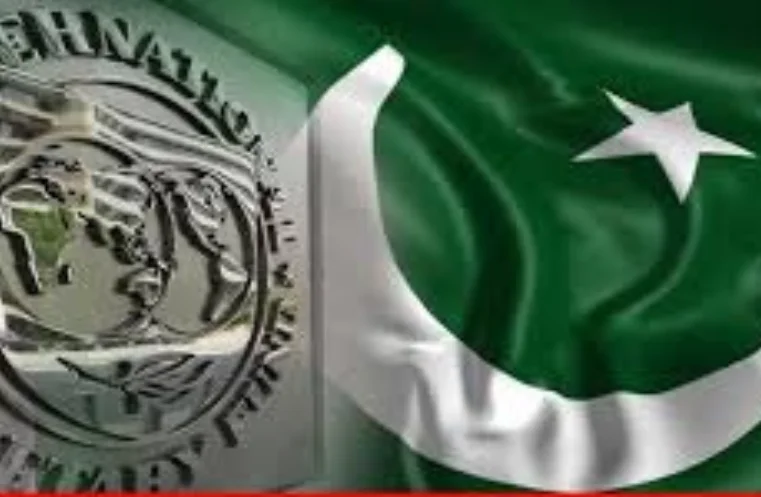Islamabad, Mar 12, 2025: The government has urgently enforced a 23% rise in Gas Prices for industrial captive power plants (CPPs) while scaling back proposed reductions in electricity rates.
This decision aligns with ongoing negotiations with the International Monetary Fund (IMF) to secure approximately $1.1 billion in financial assistance over the next few weeks.
The IMF delegation, headed by Nathan Porter, has taken a firm stance on imposing a ‘grid levy’ on natural gas and LNG consumed by industrial CPPs.
In response, the government swiftly finalized all necessary procedures, implementing a levy of Rs. 791 per million British thermal units (mmBtu) starting March 7, 2025, and submitted the relevant documents to IMF representatives.
“By the authority vested under sub-section (1) of section 3 of the Off-Grid (Captive Power Plants) Levy Ordinance, 2025 (I of 2025), the federal government hereby announces that the levy rate under sub-section (1) shall be 791 rupees per mmBtu,” stated a notification issued by Petroleum Secretary Momin Agha.
This revision raises the total gas price to Rs. 4,291 per mmBtu, following a prior Rs. 500 per mmBtu increase for this category.
Read More:
Govt Speeds Up Roosevelt Hotel Sale Amid Privatization Push
The ordinance schedules further increments, including a 10% rise in July 2025, a 15% increase in February 2026, and another 20% hike by August 2026.
These successive adjustments could push gas prices close to Rs. 6,000 per mmBtu, making industrial self-generation increasingly costly and prompting industries to transition to the national electricity grid.
The IMF has rejected proposals to reduce electricity prices by Rs. 8-10 per unit through sales tax adjustments, citing fiscal constraints.
However, a more moderate reduction of Rs. 2-2.5 per unit may be achievable through alternative measures such as revenue generation from the grid levy, renegotiation of power purchase agreements with independent producers, reduced interest payments, and currency stabilization.
This adjustment could take effect by next month or July.
The Off-Grid Levy Ordinance, enacted on January 30 as per IMF requirements, saw delays in official notification, leading to a higher levy rate to compensate for the delay.
Funds collected under this levy are intended to subsidize electricity costs for other consumers.
The levy applies in addition to standard natural gas and RLNG rates.
Authorities calculate the levy rate based on the differential between the industrial B3 tariff set by Nepra and the self-generation cost of CPPs under gas rates determined by Ogra.
Failure to pay the levy on time may result in legal recovery actions, while continuous non-compliance could lead to the discontinuation of gas supplies.
Meanwhile, the IMF is now prioritizing the enforcement of agricultural income tax from July 1, 2025, holding discussions with provincial governments to streamline implementation.
The IMF is also addressing concerns related to taxation in the retail and real estate sectors.
